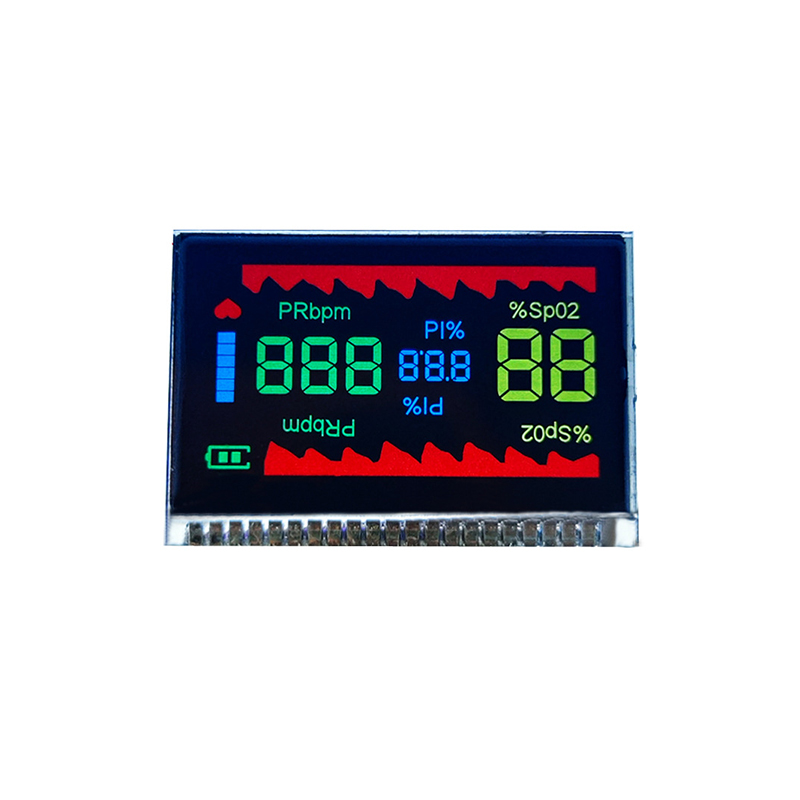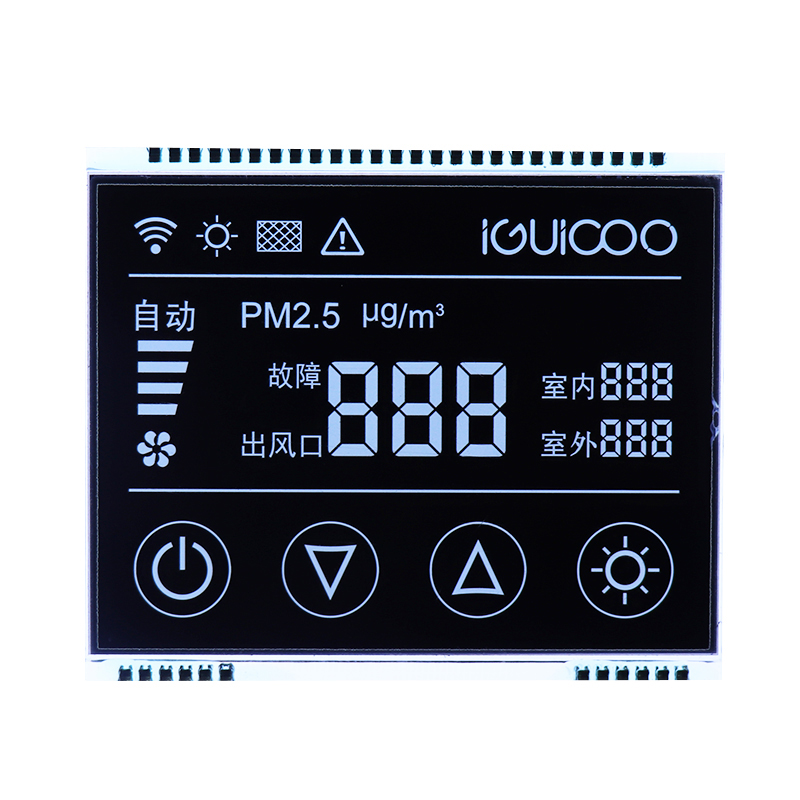
The 16x2 LCD display is a ubiquitous component in Arduino projects, offering a simple yet effective way to display information. But with numerous options available, selecting the right one can be challenging. This guide helps you navigate the choices, focusing on key aspects to consider.
A standard 16x2 LCD display features 16 characters per line and 2 lines of text. This translates to a basic resolution, suitable for displaying short messages, status updates, and simple data. While this might seem limiting, its compact size and ease of use make it ideal for numerous applications.
Displays come with various backlight options, including white, blue, green, and yellow. The choice depends on your project's aesthetics and visibility requirements. A white backlight is generally preferred for its brightness and readability in most environments.
Most 16x2 LCD displays use a parallel interface, requiring multiple pins on your Arduino. Some newer models offer I2C or SPI interfaces, reducing the number of pins needed and simplifying the wiring process. I2C is generally preferred for its simplicity and ease of use, especially in projects with limited Arduino pins.
Check the display's power specifications, including voltage and current requirements. Ensure your Arduino can supply sufficient power without overloading. Most displays operate on 5V, compatible with the standard Arduino output.
Connecting a 16x2 LCD display Arduino is straightforward, but proper wiring is crucial. Always refer to the specific datasheet for your chosen display. Common connections include VCC (power), GND (ground), RS (register select), RW (read/write), Enable (E), and data pins (D0-D7 for parallel interface, SDA and SCL for I2C).
Numerous Arduino libraries simplify the process of controlling a 16x2 LCD display Arduino. The LiquidCrystal library is widely used and supports various display types. Example code snippets are readily available online and demonstrate basic text display, cursor control, and other functionalities.
While specific models vary widely, consider factors like backlight color, interface type (parallel, I2C, or SPI), and availability when choosing. Many reputable suppliers offer high-quality displays at competitive prices.
Beyond basic text display, 16x2 LCD displays can be used in more complex projects. Integrating them with sensors, actuators, and other components allows for real-time data visualization and interactive control. For example, you could display sensor readings, control LEDs, or create a basic menu system.
Common problems include incorrect wiring, power supply issues, or library compatibility problems. Double-check your connections, ensure sufficient power, and verify your code against the display's specifications. Online forums and communities offer valuable support for troubleshooting.
For high-quality LCD displays and components, consider exploring resources like Dalian Eastern Display Co., Ltd., a leading supplier in the industry. They offer a wide selection of 16x2 LCD display Arduino compatible components for various applications.












